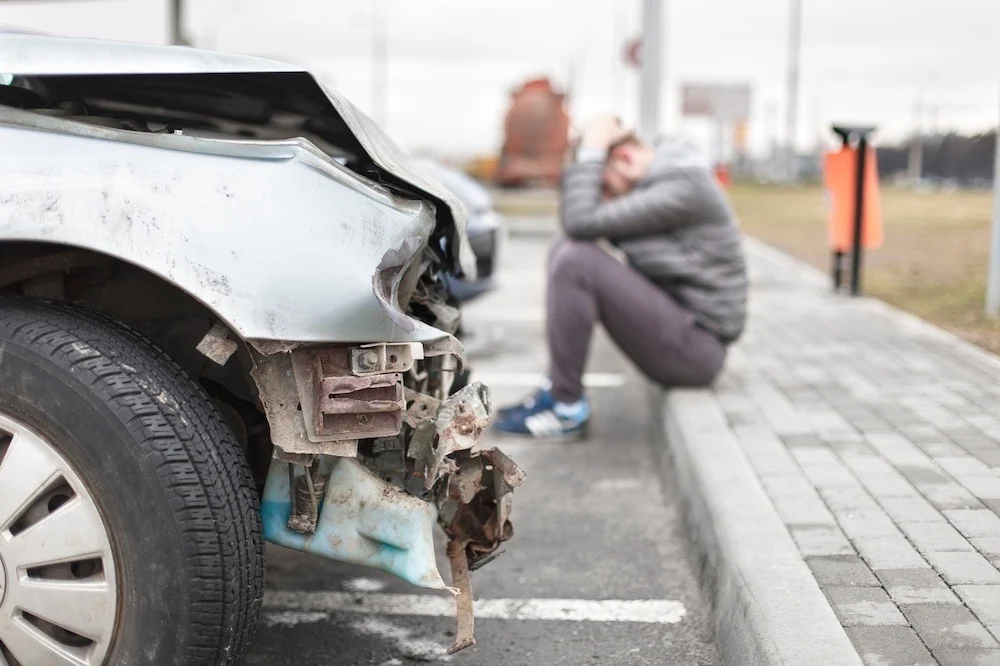
Every state has the ability to design its own laws when it comes to car accidents. Some states determine fault, while others choose to be a no-fault states. States can also dictate minimum insurance requirements, certain driving laws, and even how you care for your vehicle.
It’s important to be familiar with the laws so that you can follow them. However, knowing the laws also protects you in the event of an accident or injury. In this guide, we share 3 important details about the car accident laws in Indiana.
If you’ve been injured in a car accident, you should work with a Fort Wayne personal injury lawyer to understand whether you have a case and learn more about your options.
1. Indiana is an At-Fault State
While some states choose to be no-fault, which means they refuse to determine driver fault, Indiana is not one of those. Indiana is an at-fault state, which means that every car accident will have a determination made as to who is at fault for it.
The driver who is determined to be at fault will then be held responsible for damages, including injuries. That driver and their insurance company will be accountable for damages, such as:
- Medical expenses of any injured parties
- Property damage, including vehicles, personal items, structures, etc.
- Lost wages of injured parties
- Pain and suffering of injured parties
If you are injured or in an accident, the person deemed at fault will pay all damages and claims will go through their insurance company. If you are at fault, then the responsibility lies with you and your insurance company.
While we’re on the at-fault subject, it is important to note that more than one person may be at-fault. If you are both found responsible, then you will both contribute to damages from the accident. How much you can recover in this scenario depends on what percentage of fault is considered. If someone is more than 50% at fault, they cannot recover any expenses.
2. Car Insurance Requirements
Car insurance is what helps a responsible party cover expected expenses. Indiana does define specific minimum requirements for insurance. Here are the Indiana requirements:
- Bodily injury liability of $25,000 per person minimum
- Property damage liability of $25,000 per accident minimum
- Uninsured motorist bodily injury of $25,000 per person minimum
- Uninsured motorist property damage of $25,000 per accident minimum
- Underinsured motorist bodily injury of $50,000 per person minimum
Indiana does allow you to waive uninsured and underinsured coverage, but they require you to sign a waiver that you understand the risk of doing so and that you won’t be covered for those situations.
Liability coverage is designed to pay for damages for which you are responsible. So if you are found to be at fault, the coverage would help with damages for other injured parties. Liability coverage does not cover anything for yourself, including property damage.
Uninsured or underinsured coverage kicks in when another involved party either does not hold the required insurance or they are underinsured for the accident. You can choose additional insurance, such as collision or comprehensive coverage. Both of these additions will cover more and provide extended protection for you in an accident, but they are not required.
3. Know Your Rights
Following a car accident, be familiar with your rights. You can work with a lawyer and should do so quickly if you are going to. What you do immediately following a car accident could have a major impact on what you are able to seek for compensation later. Make sure you get the appropriate information from the other driver and take note of the scene if you are at all able to.
These steps may be helpful:
- Pull out of harm’s way to the side of the road if possible
- Do not decline medical treatment, even if injuries seem minor
- Always exchange contact information with involved parties
- Ensure a police report is made and get a copy
- Take notes of the scene, take pictures if you can. Check for nearby security cameras that might have footage
- Work with an experienced attorney
When you use legal representation, they know what you need to win and can help you gather things for your case. Your chances of winning more compensation are greatly increased with a competent attorney on your side.
Don’t Just Take a Settlement
When you are injured in a car accident, insurance companies are tasked with offering you a settlement. They will want to settle for as low of an amount as possible. They can sometimes be manipulative and make you think that this is your best choice.
Never speak to the insurance company without your lawyer, and never accept a settlement outright. Instead, hire a Fort Wayne personal injury lawyer that can help you work through the process and get you the compensation you deserve.
